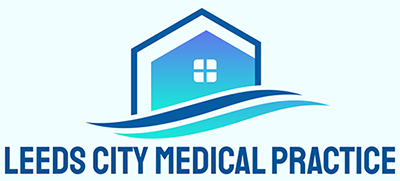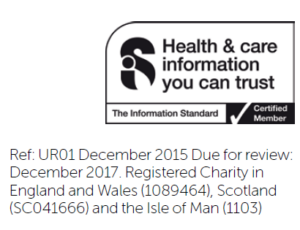Your Urgent Referral Explained
WHY HAVE I BEEN REFERRED URGENTLY TO THE HOSPITAL?
Your GP has arranged for you to see a hospital doctor (specialist) within two weeks – a process also known as the two-week referral. This is to investigate your symptoms further. You may have some tests to find out what is wrong and if it could be cancer. This is an URGENT referral because it is possible that you could have cancer. We need to refer you urgently because there is evidence that early diagnosis of cancer can increase the chances of successful treatment.
Does this mean I have cancer?
9 out of 10 people referred in this way are not diagnosed with cancer.
So why has my doctor referred me?
Most illnesses are successfully treated by doctors. However, on some occasions they need to arrange for you to see a specialist hospital doctor. This could be for a number of reasons, such as:
- Your symptoms need further investigation and it is important that this is done quickly.
- The treatment you have already received has not worked.
- Your tests have shown some abnormal results.
- To be sure you do not have serious disease.
It’s very important that you attend your appointment. If you can’t make it, call the hospital as soon as you can to rearrange. If you will be away on holiday in the next two weeks inform your Doctor immediately.
- The hospital will contact you by telephone to arrange an appointment, so the correct contact telephone number is very important. If they are not able to contact you by telephone they will send you an appointment letter.
RECEIVING AN URGENT REFERRAL
• Your GP might make the appointment, or the hospital might contact you in the next few days.
• It’s very important that you attend your appointment. If you can’t make it, call the hospital as soon as you can to rearrange.
• If your symptoms get worse, tell your GP.
Handy Hints
– Check your GP has your current contact details.
– If you don’t get your appointment details within a week, call your GP surgery and tell them it’s an urgent referral.
GOING TO YOUR APPOINTMENT
• Your appointment letter will include: the time, where to go, who you’re seeing and anything you need to do to prepare.
• You may be sent straight for tests, or you might see a specialist first.
• You may need to describe your symptoms again. It could help to write things down in advance.
Handy Hints
– Think about arranging transport, time off work or childcare for the day of your appointment.
– Make sure you know where you’re going.
– Try to bring a family member or friend with you.
– Allow extra time in case it takes longer than you expect.
– Make sure your mobile phone is charged.
HAVING TESTS
• The appointment letter will include details of any tests you will have and any preparations you need to make.
• You may need to have more than one test.
• Call the number on your letter if you have any questions.
Handy Hints
– Ask how long it will take to get your results and make a note of it.
– The person testing you will not usually be able to tell you your results. You may have to wait to speak to your specialist.
GETTING RESULTS
• Your specialist will usually tell you your results.
• Sometimes you may need to have further tests.
• The time it takes to receive your results varies – you may have to wait several weeks.
Handy Hints
– If you have another appointment, try to bring a family member or friend with you.
– Bring a pen and paper to make notes.
– Call the hospital if you have been waiting for your results for longer than expected.
WHAT QUESTIONS COULD I ASK?
Sometimes it’s difficult to know what to ask your specialist.
Here are a few ideas that might make it easier:
• What will the tests feel like?
• Do the tests have any after effects?
• How long will it take to get my test results?
• Who will give me the test results?
• If I have questions after the appointment, who should I ask?
• If my symptoms get worse, who should I contact?
• Should I make any changes to the medicines I’m taking?
• What tests will I need to have?
• How long will the tests take?
WHAT HAPPENS NEXT?
If you are diagnosed with cancer you will be given lots of information by the hospital. You can also call a Cancer Research UK nurse for information and support on freephone 0808 800 4040.
If you aren’t diagnosed with cancer, it’s still important that you pay attention to your body. Tell your GP if you notice any unusual and persistent changes.
A health scare makes some people think about improving their general health, for example by keeping a healthy weight or stopping smoking. These things can help reduce the risk of cancer – although it’s not a guarantee.
If you’d like to know more go to http://www.cruk.org/health
Find information about urgent referrals
http://cruk.org/urgentreferrals
Ask our specialist nurses
0808 800 4040*
Share your experiences
http://cancerchat.org.uk
*Phone lines open 9am-5pm Monday-Friday
About Cancer Research UK
Cancer Research UK pioneers life-saving
research to bring forward the day when
all cancers are cured. From our volunteers
and supporters to our scientists, doctors
and nurses, we’re all here to save more
lives and prevent, control and cure all
cancers.
If you would like to support our work,
please call 0800 123 1861 or visit our
website http://www.cruk.org






